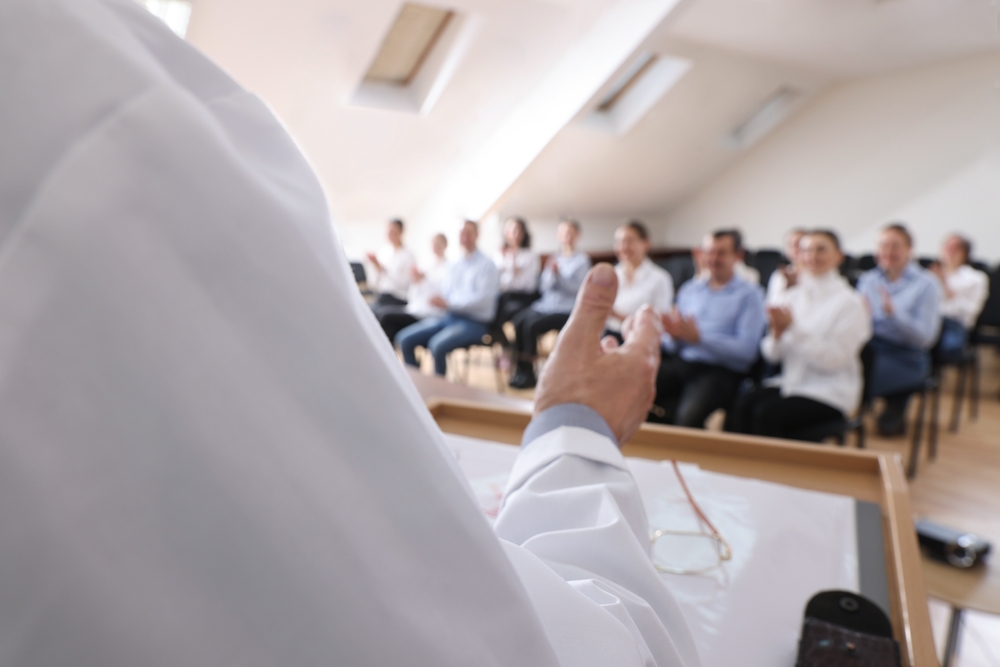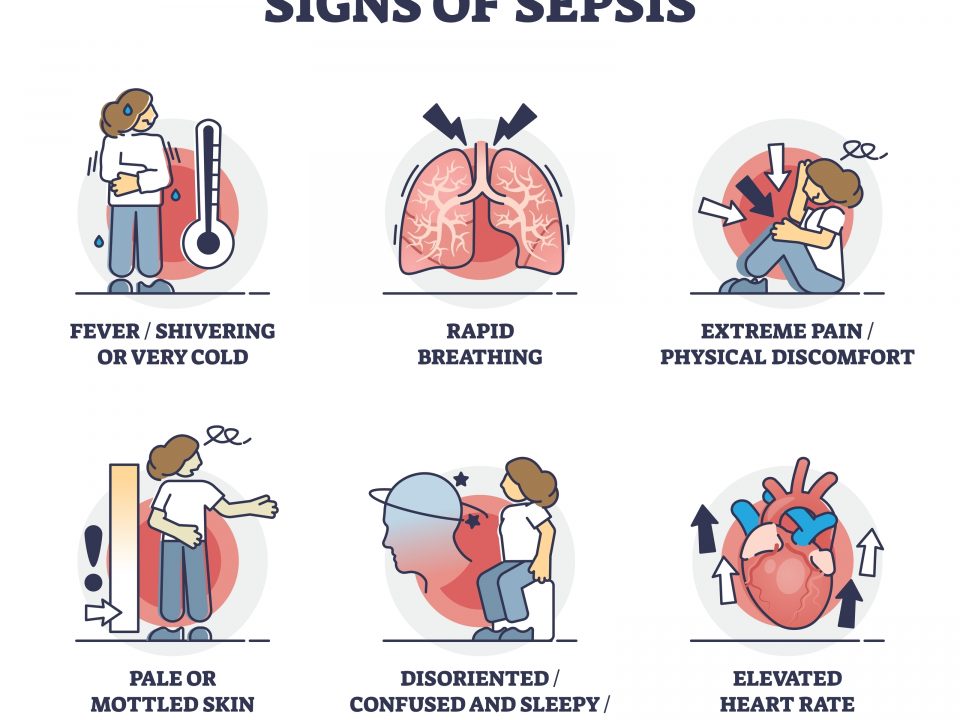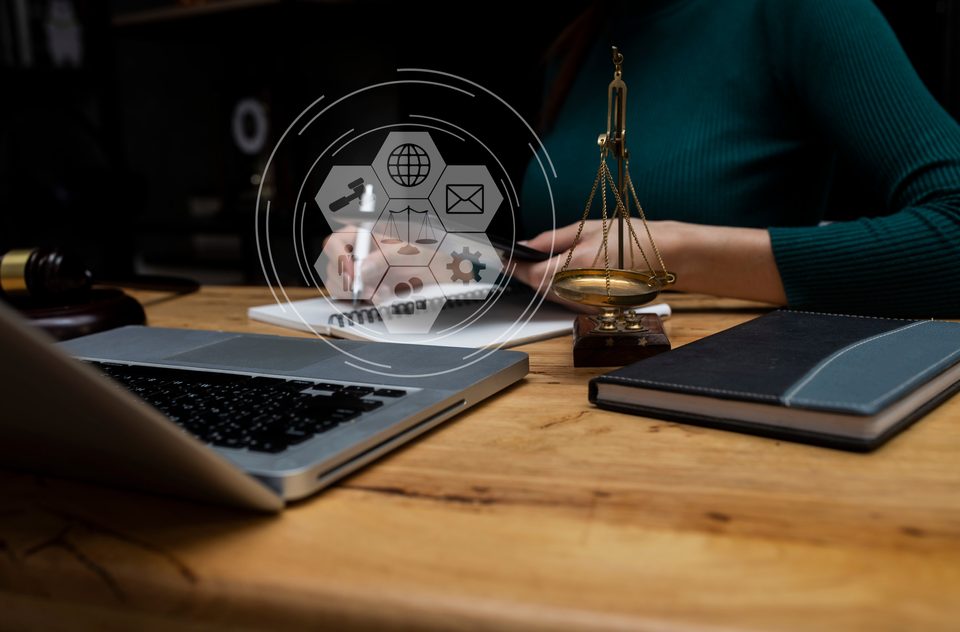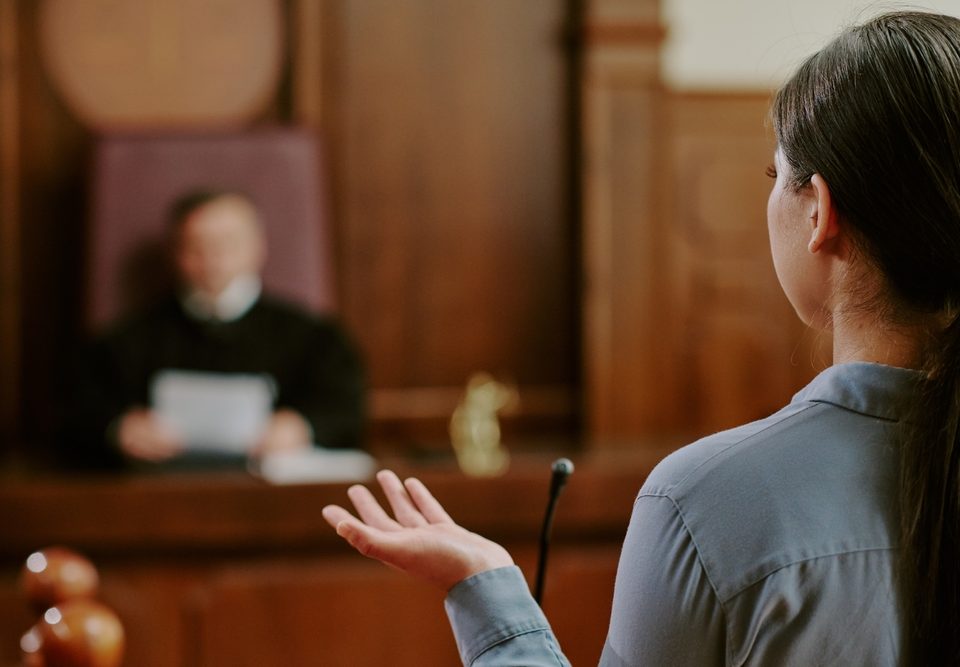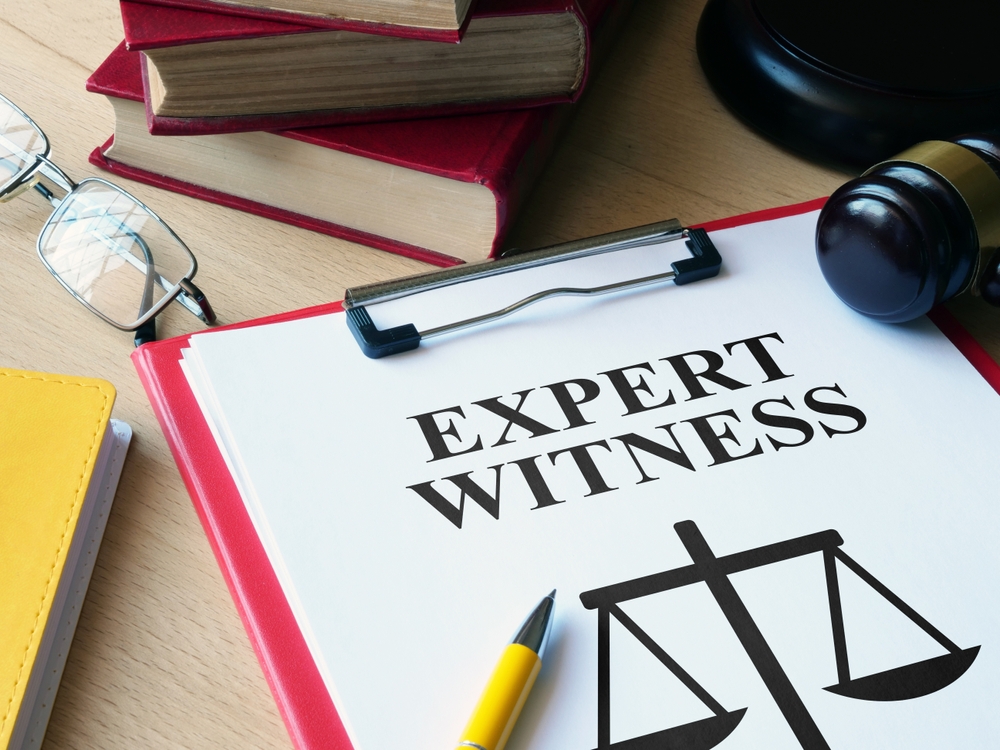
Why expert witnesses MUST be independent
5th August 2024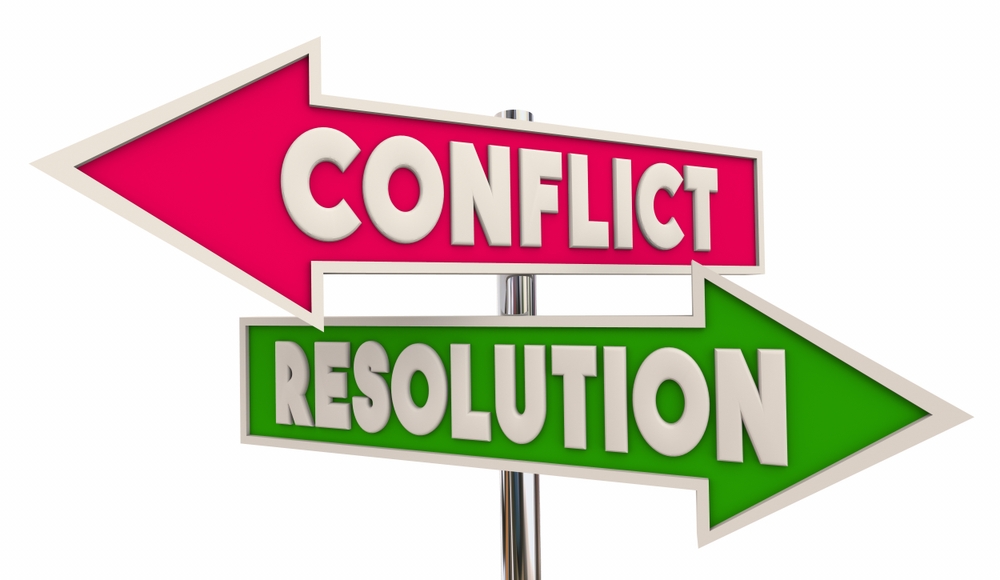
New Rules For ADR Make Good Expert Evidence More Vital Than Ever
5th September 2024Attending professional development events during their careers is part of most medical experts’ agendas. However, what happens if they are likely to meet other expert witnesses at the same event while a trial is underway?
In a recent medical negligence case, an interesting question was raised over whether meeting other witnesses at professional events during a trial would render them ineligible to give evidence.
In Biggadike v El Farra & El-Neil, two expert witnesses were due to attend a professional conference during a trial concerning the use of medical mesh or tape on a patient who suffered personal injury from this procedure. The claimant questioned whether their attendance at this conference would impact their eligibility as expert witnesses and whether their evidence would stand if they were both to attend the event.
What was decided and why?
The judge in this case ruled that their attendance at the conference was permissible. However, she stipulated that it was only permissible if they had heard the court’s rules.
The judge maintained that her decision was made based on consideration of the following factors pertaining to this specific case.
- The experts already submitted a joint statement and their written reports, so they had already fulfilled their primary obligation to the courts.
- The judge focused more on the quality and objectivity of the expert evidence than on the expert witnesses’ attendance at the conference. As long as it did not compromise that evidence, their attendance was largely irrelevant.
- The judge also acknowledged that in the specialised urogynaecology field, interactions between professional experts are very common. Both experts were already acquainted with each other, which was not considered unusual nor indicated any bias in their evidence.
What does this mean for expert witnesses?
This decision within this case highlights how expert witnesses should act when their professional development and court obligations collide. It is vital for them to ensure professional integrity and adhere to the rules of the court in all cases.
There is no argument that continuing professional development, particularly in the medical field, is crucial. However, it’s vital to make sure that any activities undertaken under this umbrella do not create any suggestion of bias or conflict with courtroom duties.
There are two vital elements when giving evidence as an expert witness, including:
- Prioritising their obligations to the court – Transparency is vital. Expert witnesses should, therefore, inform their legal team and the court about any potential conflicts in plenty of time if they have responsibilities to the court.
- Maintaining objectivity – Witnesses should make sure that the evidence they give is solely based on their professional experience and expertise. External factors or events should not influence this.
A timely reminder
Both witnesses were considered eligible to give evidence in this case despite their attendance at a conference. However, this case reminds us that while continuing professional development is vital in such roles, priority should be given to an expert witness’ obligations towards the court and the integrity of their evidence.

